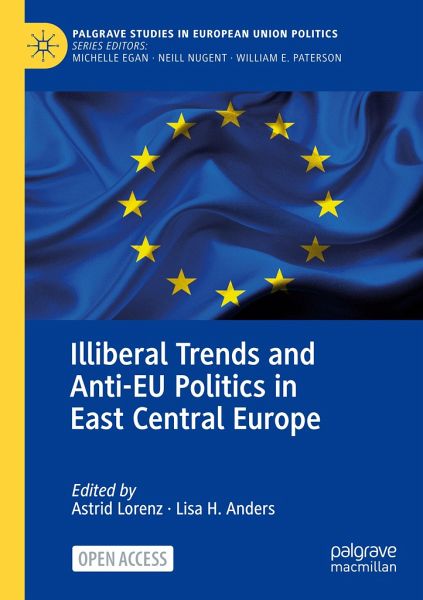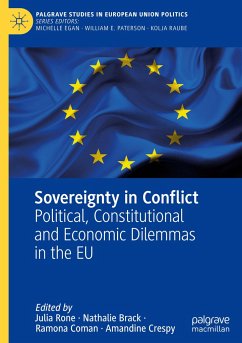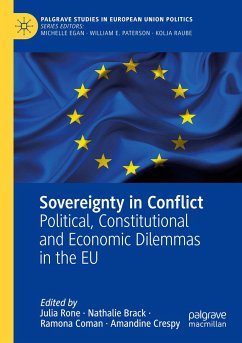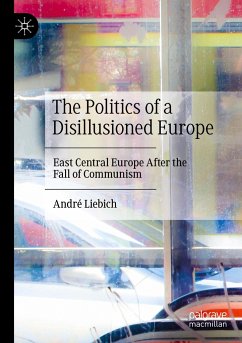
Illiberal Trends and Anti-EU Politics in East Central Europe
Versandkostenfrei!
Versandfertig in 6-10 Tagen
31,99 €
inkl. MwSt.

PAYBACK Punkte
16 °P sammeln!
This open access book provides an in-depth look into the background of rule of law problems and the open defiance of EU law in East Central European countries. Current illiberal trends and anti-EU politics have the potential to undermine mutual trust between member states and fundamentally change the EU. It is therefore crucial to understand their domestic causes, context conditions, specific processes and consequences. This volume contributes to empirically informed theory-building and includes contributions from researchers from various disciplines and multiple perspectives on illiberal tren...
This open access book provides an in-depth look into the background of rule of law problems and the open defiance of EU law in East Central European countries. Current illiberal trends and anti-EU politics have the potential to undermine mutual trust between member states and fundamentally change the EU. It is therefore crucial to understand their domestic causes, context conditions, specific processes and consequences. This volume contributes to empirically informed theory-building and includes contributions from researchers from various disciplines and multiple perspectives on illiberal trends and anti-EU politics in the region. The qualitative case studies, comparative works and quantitative analyses provide a comprehensive picture of current societal, political and institutional developments in the Czech Republic, Hungary, Poland and Slovakia. Through studying similarities and differences between East Central European and other EU countries, the chapters also explore whether thereare regional patterns of democracy- and EU-related problems.












